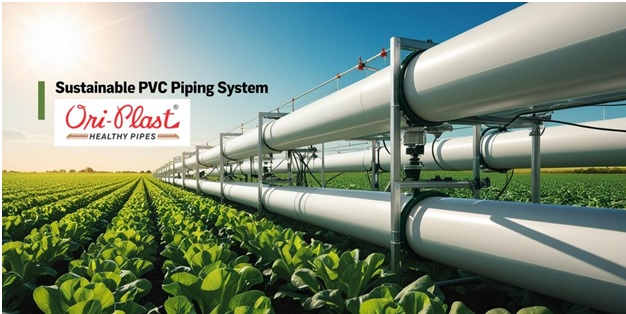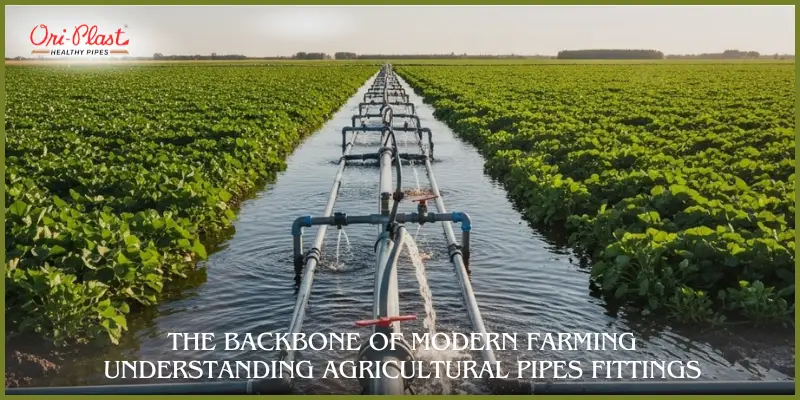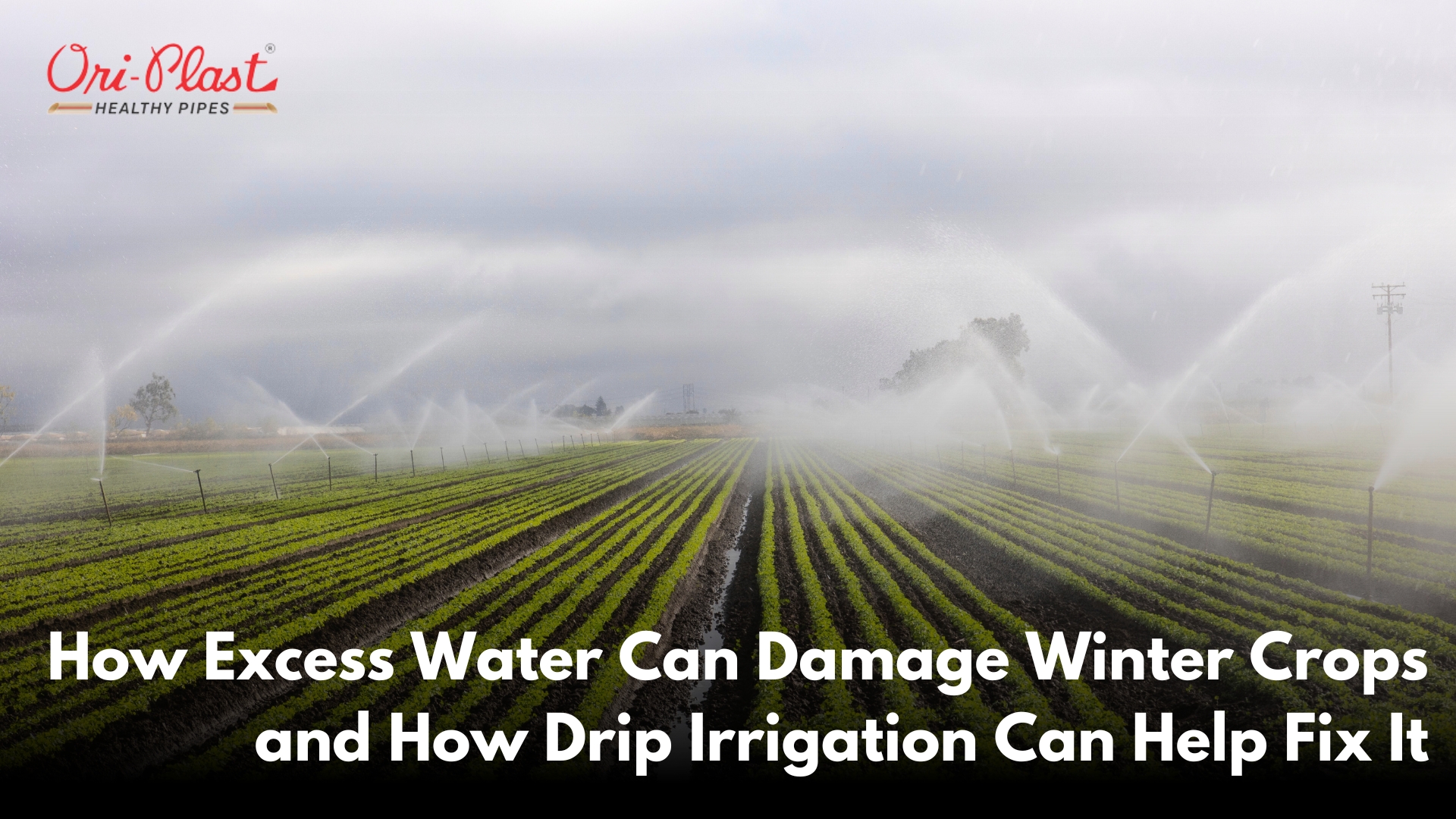Sustainable development is the development that meets the needs of the present without compromising the ability of future generations to meet their own needs.” - Gro Harlem Brundtland, former chair of the World Commission on Environment and Development (WCED).
These words ring true to this day but sustainable development is easier said than done. Take, ‘Agriculture,’ for example. It contributes to over 26% of global greenhouse gas emissions and more than 21 tons of soil per hectare is lost annually in India due to unsustainable agricultural practices.
So, can this be changed? Yes, the answer is simple - Sustainable Agriculture. Eco-friendly farming is revolutionizing the agricultural industry by prioritizing methods that protect the environment, conserve resources, and promote long-term farm productivity.
From organic farming techniques to planet-friendly farming practices, these strategies offer practical and impactful solutions to meet the challenges of modern agriculture.
Let’s take a look at sustainable agricultural tools and methods to provide actionable insights into making farming both eco-friendly and profitable.
What Are Sustainable Agricultural Methods?
- Crop Rotation: Rotating crops seasonally reduces soil depletion, improves fertility, and disrupts pest cycles.
- Integrated Pest Management (IPM): A balanced approach combining biological, cultural, and chemical controls to manage pests effectively.
- Conservation Tillage: Minimizing soil disturbance helps reduce erosion and maintain soil organic matter.
- Renewable Energy in Agriculture: Utilizing solar panels, wind turbines, and biogas systems decreases dependency on fossil fuels.
- Agroforestry Practices: Incorporating trees and shrubs into farmland supports biodiversity and combats climate change.
Farming Practices for Sustainable Agriculture
1. Organic Farming Techniques
Organic farming relies on natural inputs like compost and natural fertilizers to boost soil health and eliminate synthetic chemicals. Practices like using cover crops and crop rotation contribute to ecological balance.
2. Water Conservation Methods
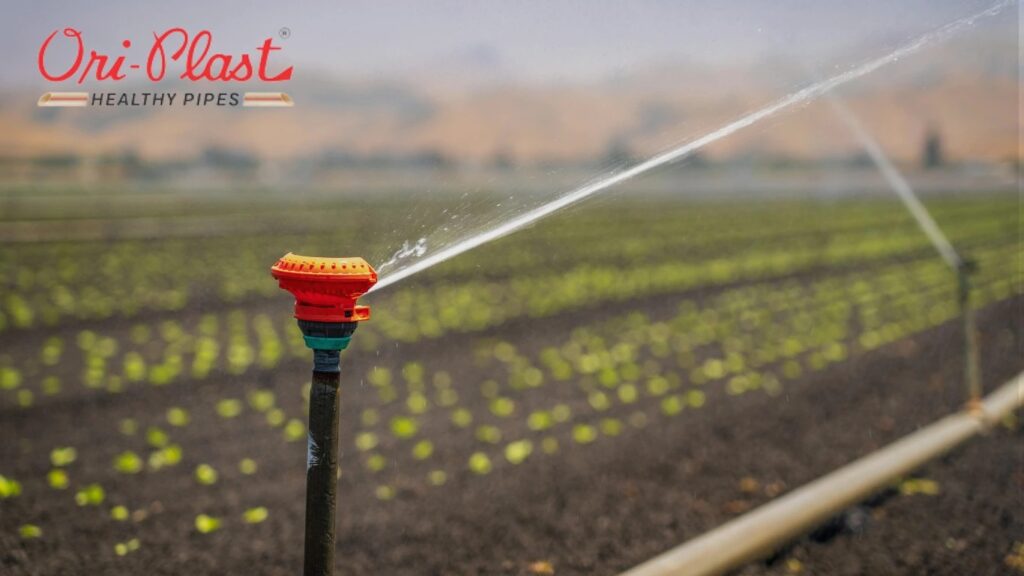
Water scarcity is a pressing issue in agriculture. Methods like drip irrigation, the use of long-lasting uPVC pipes, and precision watering technologies reduce water usage. Rainwater harvesting not only conserves water but also ensures crops receive adequate hydration.
3. Biodiversity in Farming
Enhancing biodiversity on farms supports pollinators, controls pests naturally, and fosters healthier ecosystems. Planting diverse crops and maintaining hedgerows are simple yet effective methods.
4. Soil Health Management
Maintaining soil health is foundational to farm sustainability. Adding organic matter through compost, reducing tillage, and planting cover crops improve soil structure and fertility.
Renewable Farming Practices for Small Farms
Small farms can adopt several sustainable agricultural techniques without significant financial investment.
- Natural Fertilizers: Composting farm waste reduces costs and enriches soil.
- Crop Diversity: Growing multiple crops reduces dependency on a single yield and promotes resilience.
- Precision Agriculture: Leveraging technology for resource-efficient farming improves productivity.
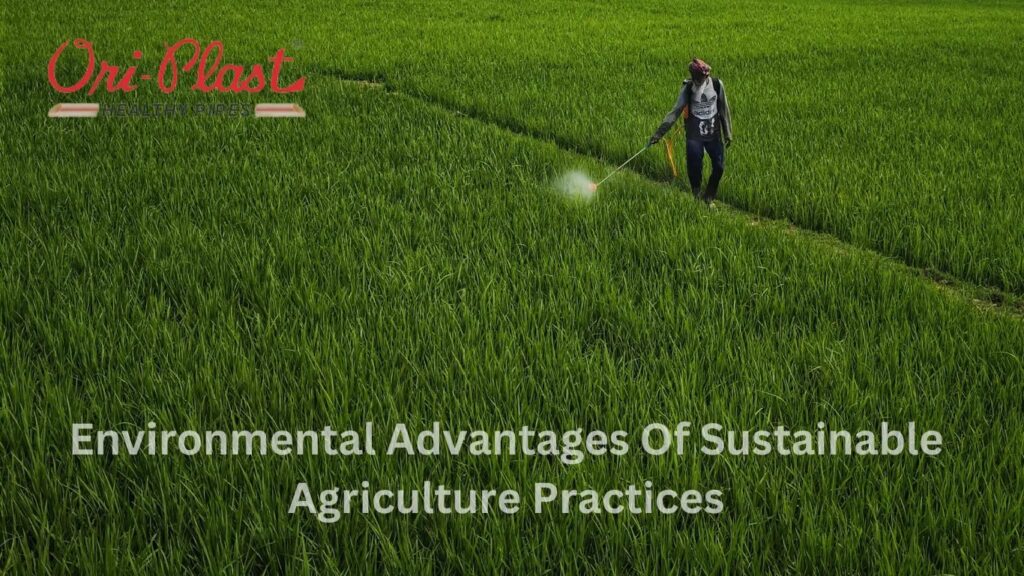
Benefits of Sustainable Agriculture Practices
1. Environmental Advantages
- Reduced greenhouse gas emissions through practices like conservation tillage.
- Improved water conservation using drip irrigation and rainwater storage systems.
2. Economic Benefits
Practices like using durable and sustainable agricultural pipes often lead to lower input costs, higher yields, and increased market demand for organic and eco-friendly products.
3. Social Impact
By prioritizing local food systems, sustainable farming supports community health and builds stronger connections between farmers and consumers.
Regenerative Agriculture: A Step Beyond Sustainability
Regenerative agriculture focuses on restoring ecosystems while farming. It integrates methods such as:
- Agroforestry: Planting trees to enhance soil carbon storage.
- Biodiversity: Promoting species diversity for a balanced ecosystem.
- Soil Carbon Sequestration: Techniques like cover cropping capture atmospheric carbon, mitigating climate change.
Sustainable Agriculture Case Studies
Sufal Bangla Program
The Sufal Bangla Program, initiated by the Government of West Bengal, aims to promote organic farming and enhance the livelihoods of farmers in the state.
Launched in 2018, the program provides farmers with technical assistance, training, and market access for their organic produce.
It focuses on cultivating various crops, including vegetables and fruits, while ensuring sustainable agricultural practices.
Agroforestry Initiatives in Punjab
In Punjab, agroforestry has been promoted as a sustainable alternative to the traditional rice-wheat cropping system.
A project launched to encourage smallholder farmers to adopt agroforestry practices focuses on cultivating various tree species alongside crops. This initiative not only helps in sequestering carbon emissions but also enhances biodiversity and soil health.
Farmers have reported significant improvements in their land's productivity and soil quality since integrating poplar trees into their farming systems.
Organic Farming in Sikkim
Sikkim is renowned for being the world's first fully organic state, having transitioned all its agricultural land (over 76,000 hectares) to organic farming. This shift has benefited more than 66,000 farming families and significantly boosted the local economy, particularly in tourism.
The state government actively promotes organic practices, ensuring sustainable livelihoods and healthier food options for its community.
This initiative has led to increased market demand for organic produce and improved environmental health across the region
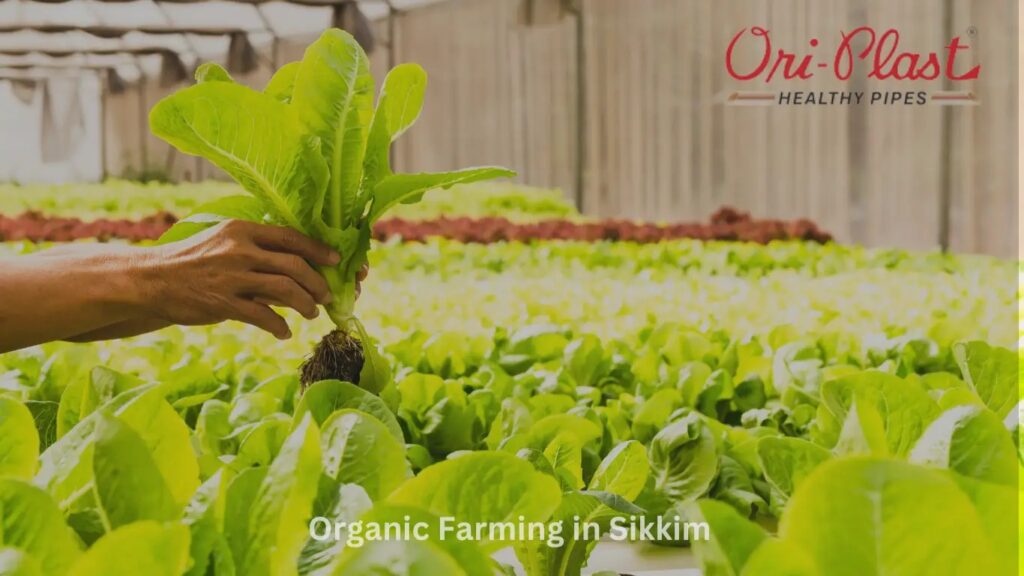
How to Start Sustainable Farming
Step 1: Evaluate Your Farm’s Needs
Conduct soil tests and assess water resources to understand your farm's specific requirements.
Step 2: Adopt Sustainable Practices
Start small by implementing crop rotation or using natural fertilizers. Expand gradually as you gain confidence.
Step 3: Leverage Technology
Tools like sensors and drones for precision agriculture can help optimize resources and improve efficiency.
Step 4: Engage with Local Food Systems
Connecting with local markets ensures fair prices and reduces carbon emissions from transportation.
Tips for Eco-Friendly Farming
- Use renewable energy sources like solar panels to power farm operations.
- Plant cover crops to protect and nourish soil during the off-season.
- Implement water conservation methods to reduce wastage and support sustainable irrigation.
- Diversify crops to enhance soil health and minimize risk.
- Encourage biodiversity through native plant species and pollinator habitats.
Choose Green & Live Green
Sustainable farming is not only an ethical choice but also a necessity for the future of agriculture. By integrating eco-friendly farming techniques, farmers can enhance productivity, safeguard the planet, and contribute to a healthier, greener future.
If we embrace sustainable practices today, we ensure food security and environmental resilience for generations to come.

